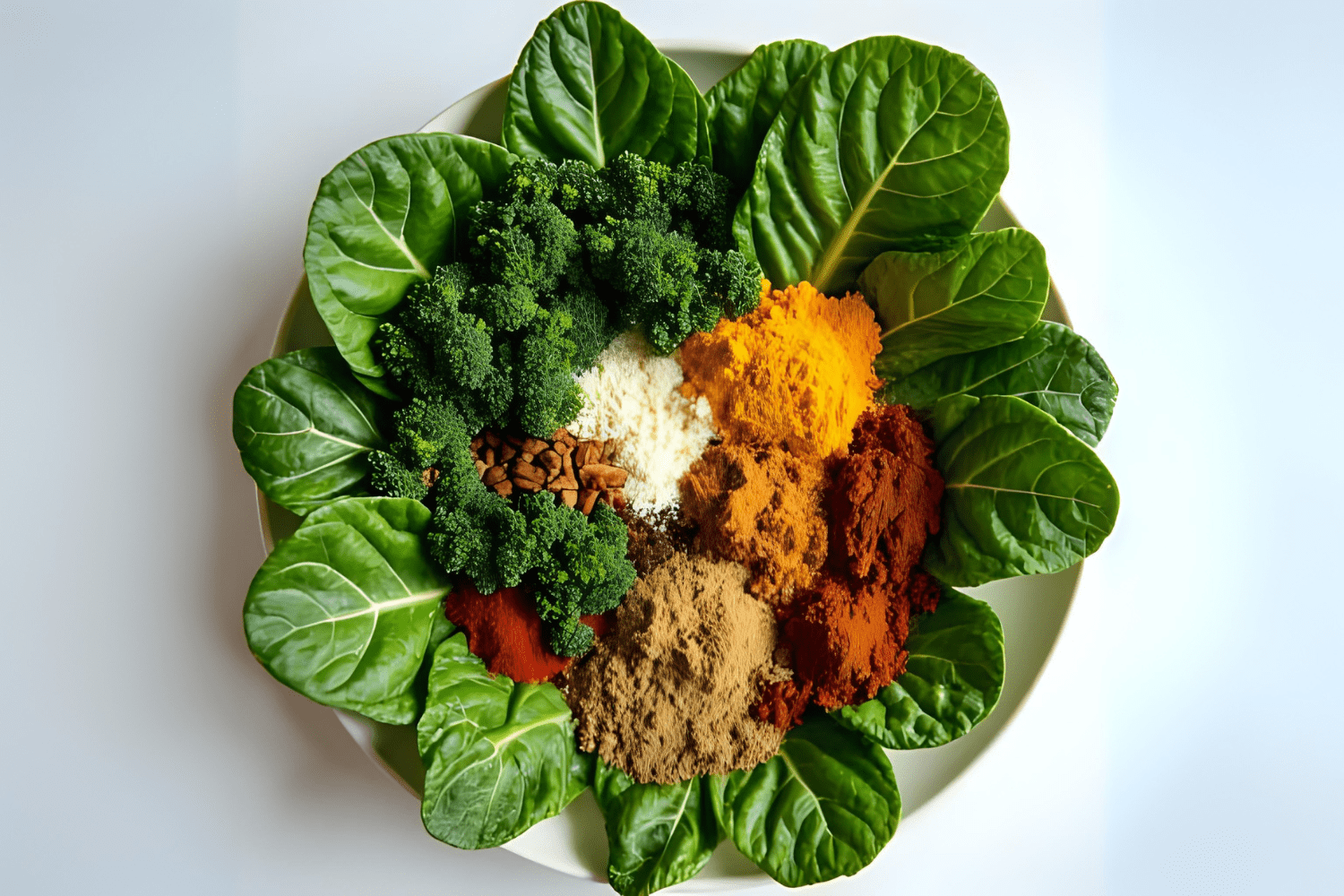Polyphenols: How Plant Nutrients Can Help You Live Longer
Why do some people age like fine wine while others seem to wear out too soon? It’s not always about genetics or fancy skin care. The real secret might be hiding in what they eat especially the colorful, powerful compounds found in plant-based foods.
These nutrients don’t just make your salad prettier; they go to work deep inside your body. One significant reason behind healthy aging may be the benefits of polyphenols, plant compounds that combat damage, reduce inflammation, and help maintain optimal bodily function. They’re quiet heroes in the world of nutrition, and most of us don’t even know they’re there.
What Are Polyphenols?
Polyphenols are natural compounds found in plants that act like bodyguards for your cells. You’ll find them in fruits, veggies, herbs, spices, tea, coffee, and even red wine. Think of them as the reason blueberries are so good for you.
There are thousands of types, but they can be categorized into a few main groups: flavonoids, phenolic acids, stilbenes, and lignans. Each plays a role in fighting off damage from stress, pollution, and aging. Your body loves them, but it doesn’t make them on its own; you have to eat them.
How Polyphenols Work in the Body
When you eat polyphenols, they go to work fighting off harmful molecules called free radicals. These little troublemakers can damage your cells and speed up aging. Polyphenols act like tiny shields, calming inflammation and helping your cells repair themselves.
They also feed your gut bacteria, which makes your digestion stronger and your immune system smarter. Over time, this adds up to better energy, sharper thinking, and stronger disease resistance. It’s like planting seeds of health that grow every time you eat the right foods.
Polyphenols and Longevity
Some of the world’s longest-lived people eat diets rich in polyphenols. Consider the Mediterranean and Okinawan diets, which are rich in plants, herbs, and spices that naturally support a longer life. These aren’t just meals; they’re life strategies.
Scientists studying polyphenols and longevity have noticed something fascinating. People who eat more plant-based foods tend to live longer and age more slowly. It’s not magic; it’s smart, everyday choices that add up over time.

Top Polyphenol-Rich Foods to Include in Your Diet
You don’t need exotic ingredients or expensive powders. Many everyday foods are bursting with polyphenols:
- Berries like Blueberries, strawberries, and raspberries
- Dark chocolate (the higher the cocoa, the better)
- Extra virgin olive oil
- Green and black tea
- Red wine (just a glass, not the bottle)
- Spinach, kale, and other leafy greens
- Spices like turmeric, cinnamon, and cloves
Try rotating these into your meals. A spinach salad with berries, olive oil, and a sprinkle of cinnamon may sound unusual, but it could be a small plate of longevity.
Benefits of Polyphenols for Long-Term Health
The benefits of polyphenols go far beyond just “feeling better.” They’re linked to a lower risk of heart disease, diabetes, and even certain cancers. That’s huge for something found in everyday foods.
They help your brain stay sharp and your skin stay smooth. If you’ve ever wanted a natural way to slow aging, this might be your ticket. The benefits of polyphenols touch every part of your body, quietly making you stronger from the inside.
Here’s a quick breakdown:
Health Area | What Polyphenols Do |
Heart | Lower blood pressure and inflammation |
Brain | Boost memory and cognitive function |
Gut | Feed good bacteria, reduce bloating |
Skin | Protect against aging and UV damage |
Metabolism | Help balance blood sugar and weight |
How to Get More Polyphenols in Your Diet
You don’t need a complicated plan. Just eat more whole plants, especially ones with rich colors or bold flavors. The darker or more bitter the food, the more polyphenols it probably has.
Cooking methods can matter too. Light steaming is better than overcooking. Add a little fat (like avocado or olive oil) to help your body absorb the good stuff.
A few tips:
- Swap sugary snacks for fresh fruit.
- Add herbs and spices to every meal.
- Drink green tea or black coffee instead of soda.
These small shifts can fill your diet with longevity diet foods that make a real difference.

Are There Any Risks or Limits?
For most people, polyphenol-rich foods are safe and powerful. But balance is still key. Taking high-dose supplements can sometimes mess with medications or cause digestive upset.
Food is your best source. Nature packages these compounds in a way that your body can understand. If you’re on medication or have health concerns, check with your doctor before trying new supplements.
Conclusion
The benefits of polyphenols aren’t just hype but a powerful shift in how we understand aging and long-term health. These plant nutrients work behind the scenes to reduce inflammation, protect your cells, and support your brain, heart, and gut. Over time, they help you feel better, move more easily, and stay sharp.
You don’t need to change everything all at once. Adding more colorful, whole foods to your meals is a simple place to start.
If you’re ready to take it a step further, our Longevity Program offers a guided path to healthier living, backed by science and built for real life.


